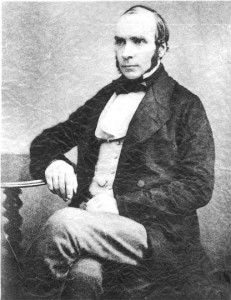What is flu?
Flu is the common name for influenza, which is a respiratory illness associated with infection by the influenza virus.
Symptoms of flu include headache, fever, cough, sore throat, aching muscles and joints. For most people influenza is just a nasty experience, but for some it can lead to more serious illnesses like pneumonia (caused by a bacteria).
If you’d like to find out more about flu then have a look at this helpful video by NHS choices which explains the difference between flu and the common cold.
There’s also an excellent Influenza factsheet for schools on the Health Protection Agency website which is well worth a read.
What is epidemiology?
Epidemiology is the study of the occurrence and distribution of health related states in specified populations, and the application of this knowledge to control health related problems.
Epidemiologists (people who study and work in the field of epidemiology) therefore don’t just think about individual patients, they look at whole populations of patients like a town, country or even the whole world….
Many people consider the first epidemiologist to be John Snow (that’s him on the right). He was a doctor that lived in London and did some very detailed work to find the source of a cholera outbreak in 1854.
By studying the different sources of water people were drinking in the local area he managed to trace the source of the cholera to a public water pump on Broad Street. He famously removed the handle of the pump to stop people drinking the water and getting infected with cholera.



